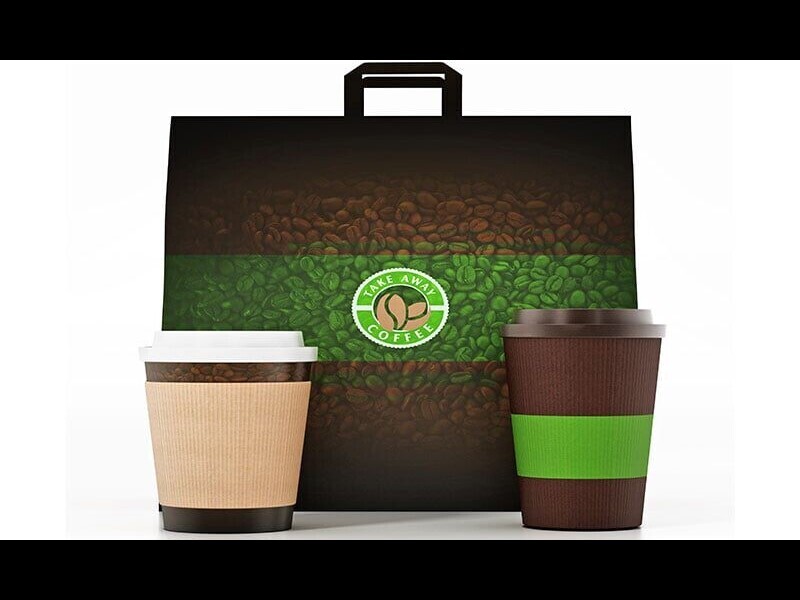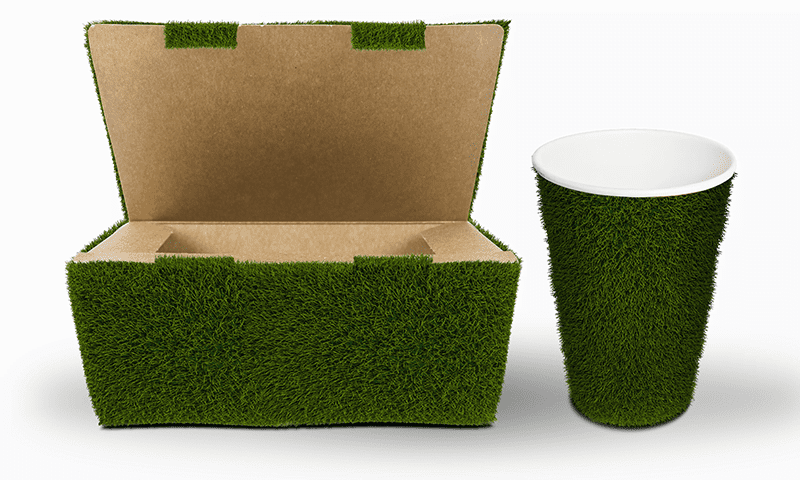
When trying to address sustainability initiatives, compostable packaging may be your answer. Get the facts on what you need to know to determine if it’s right for you.
Biodegradable Doesn't Mean Compostable
The terms “biodegradable” and “compostable” should not be used interchangeably. Compostable products fully decompose within a given timeframe. They’re usually verified by the Biodegradable Products Institute (BPI). Biodegradable products are not verified and may not necessarily decompose in a given timeframe. Their decomposition rate is dependent on a variety of factors, such as environmental conditions.
The Compostable Market is Growing Rapidly
Residential and industrial composting infrastructure is growing across the U.S. Many cities are offering curbside collection services, and an increasing number of facilities now accept this type of packaging.

Compostable Packaging Makes for Easy End-of-Life
To be compostable, every element of the packaging must meet compostable requirements. This includes the boardstock, inks and adhesives used in package assembly. Because all elements are compatible, the entire package can be easily discarded together at the end of its life and won't impact decomposition.
Compostable Packaging Can End Up in a Landfill
While not the intention, this type of packaging may end up in a landfill instead of a compost facility. If that happens, it’s okay. The packaging is made from plant fibers and will not leach any chemicals into the landfill. It will still provide a sustainable end-of-life option.
It May be Right for Your Applications
Compostable packaging makes sense for the following applications:
- Closed venues
- Single-use packaging
- Single-use items
- When food is present
- Municipal curbside collection
--
Want to know more about compostable packaging and if it’s right for you? Contact a Bostik expert today!
